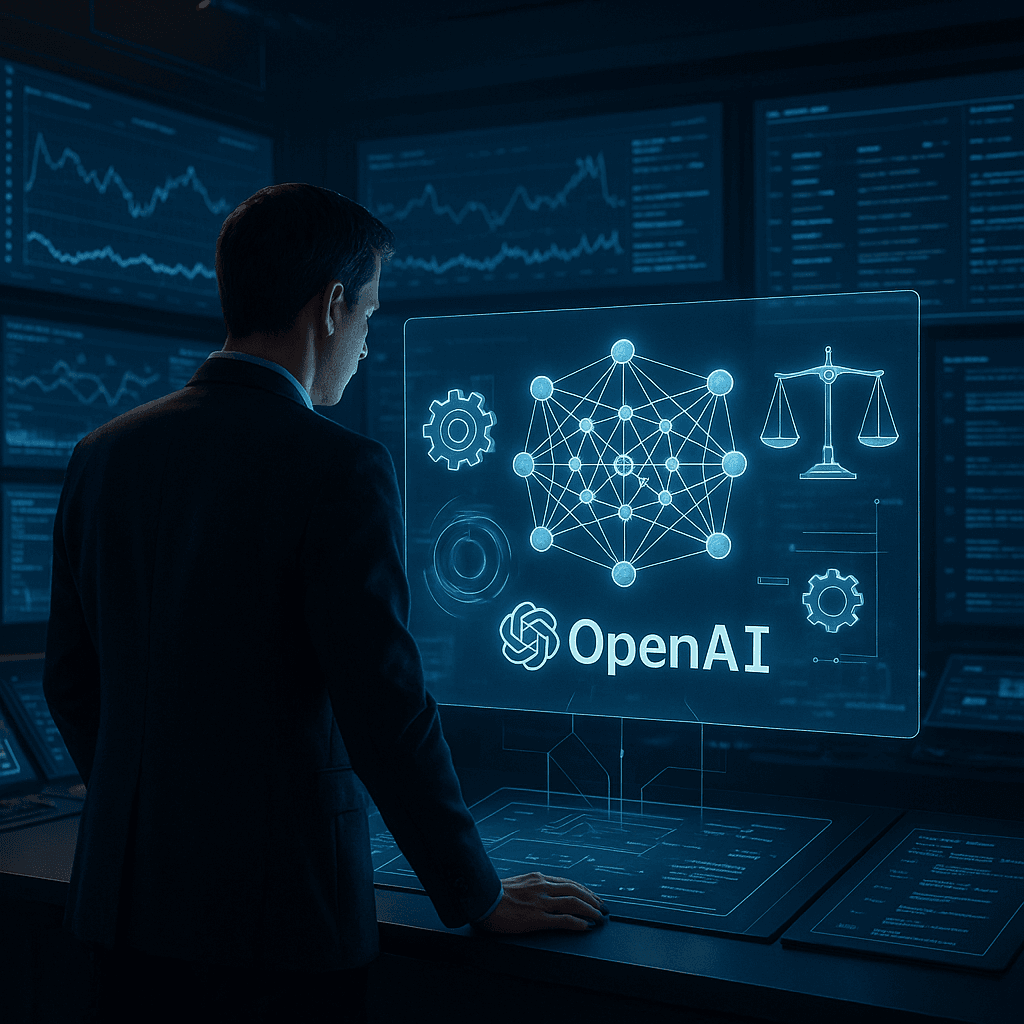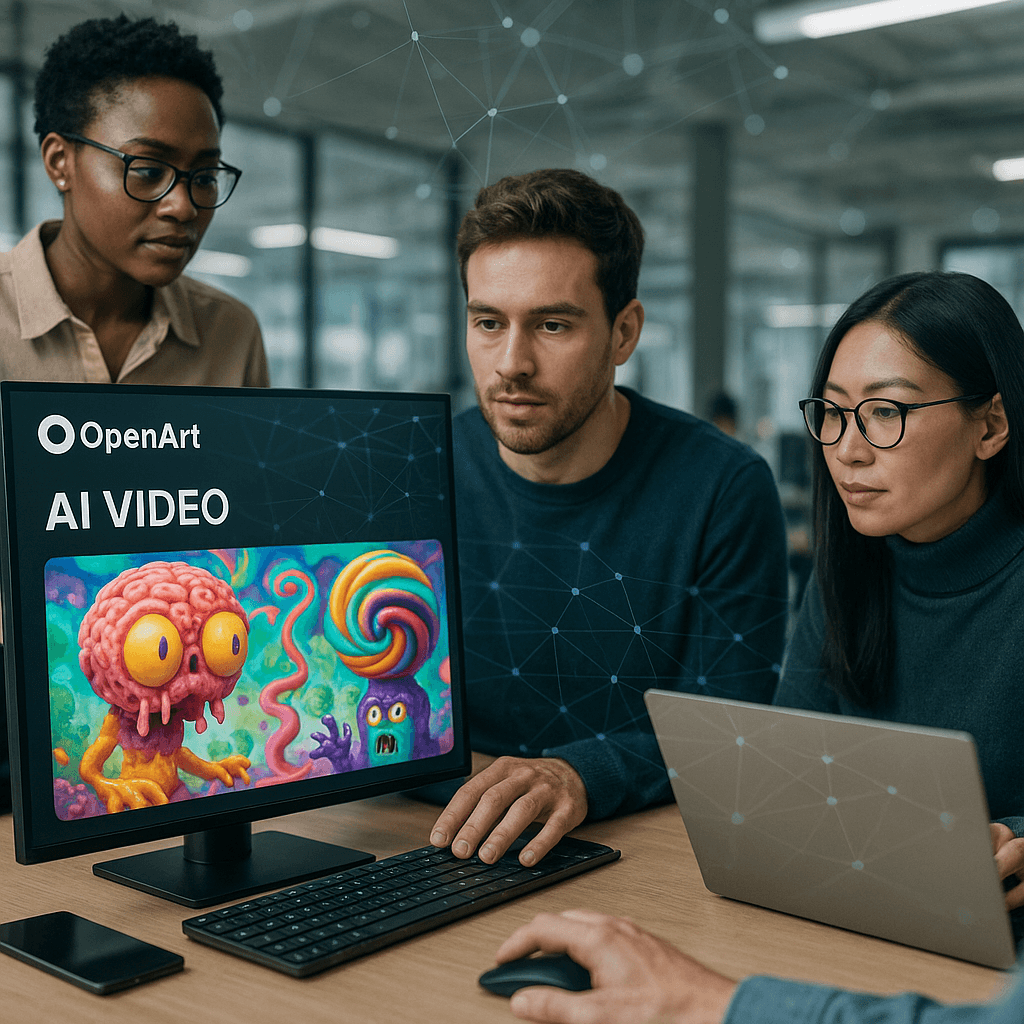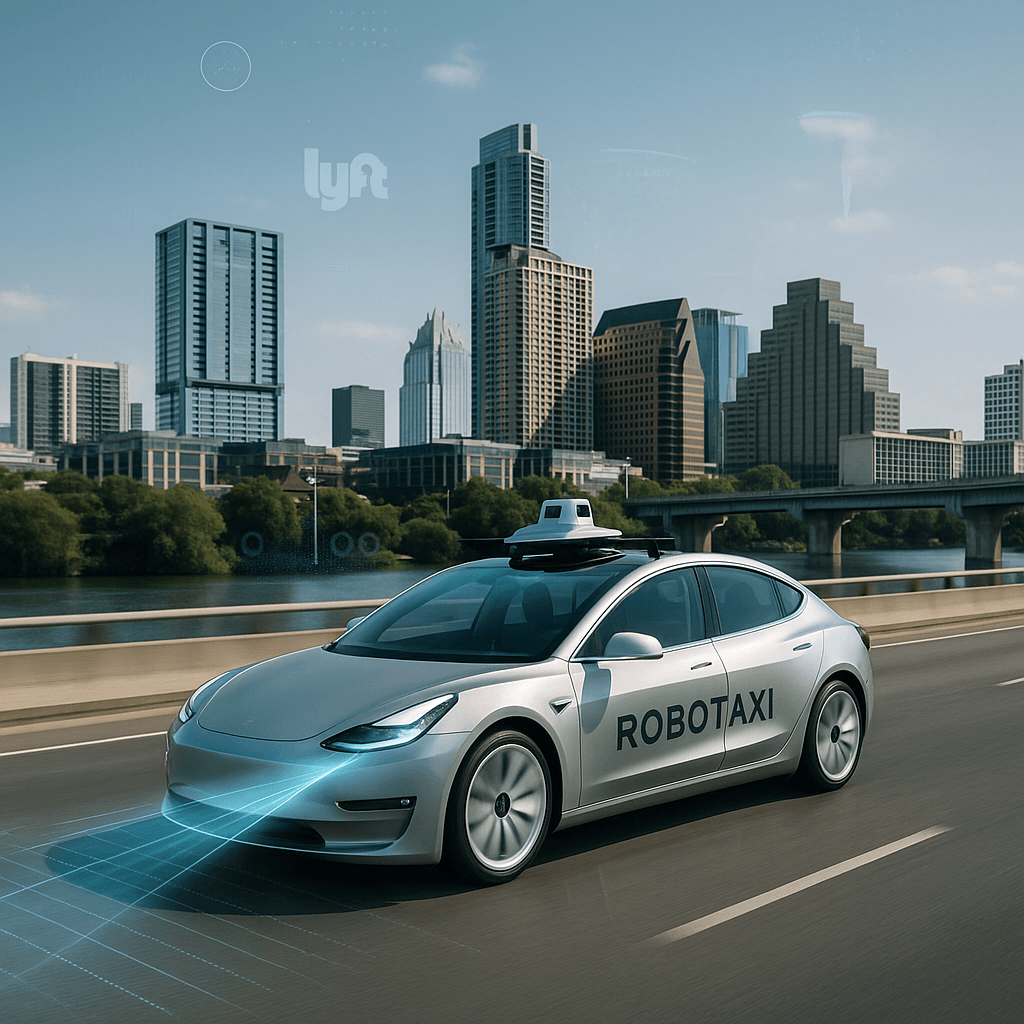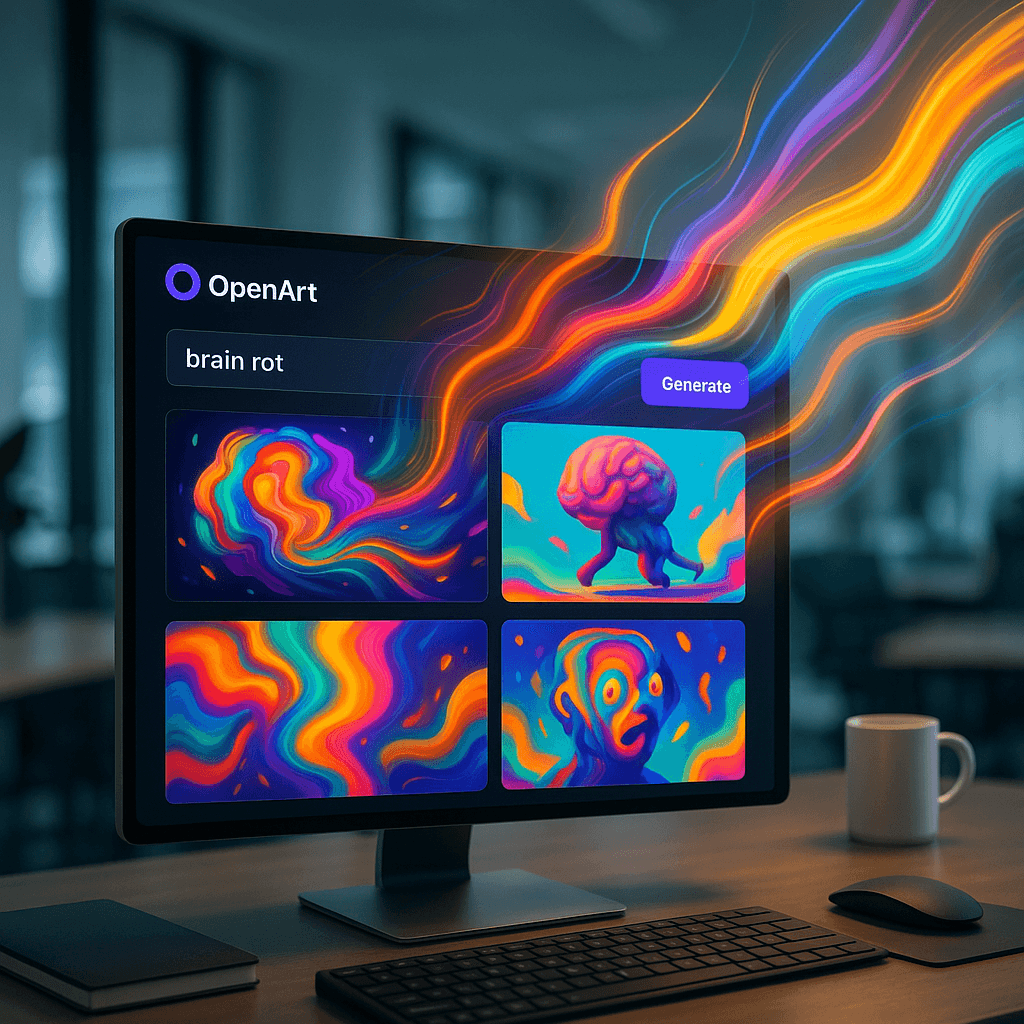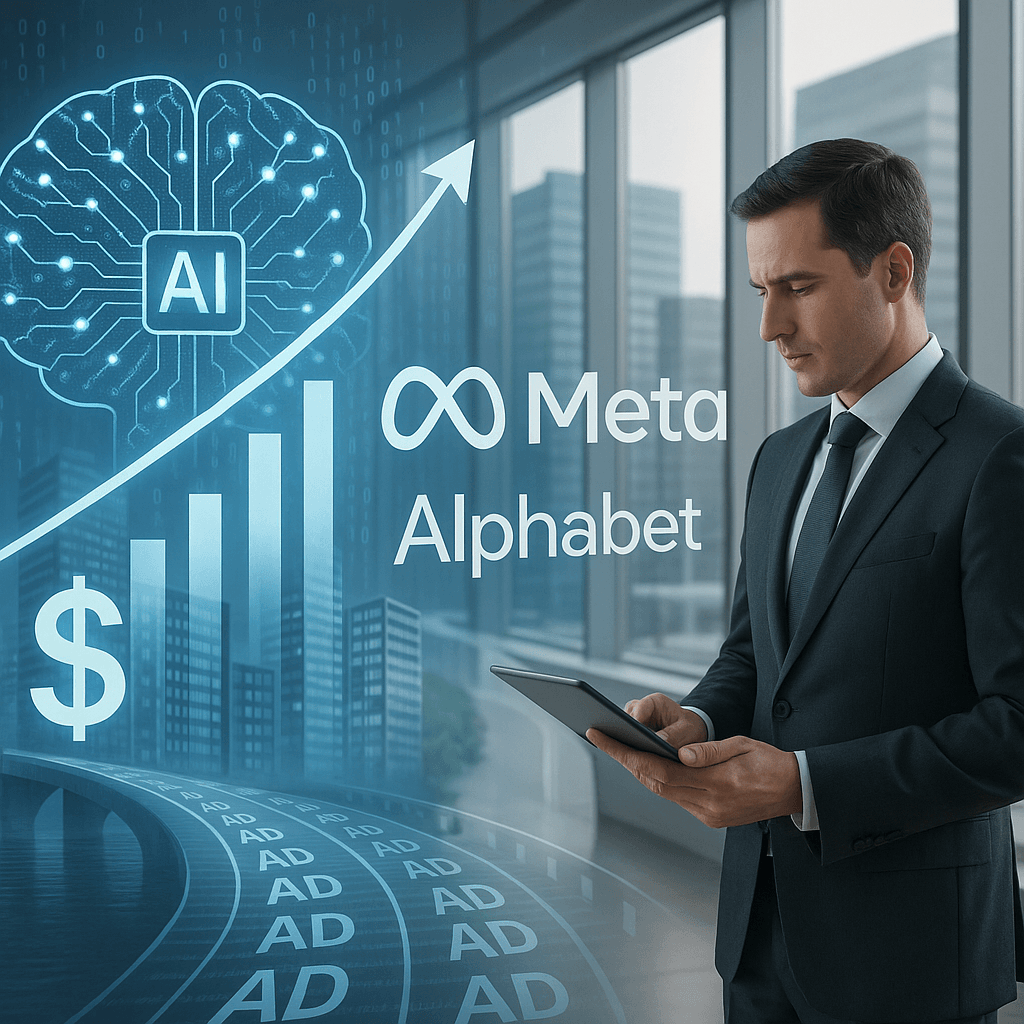TL;DR
- - AI pricing lacks substantial basis, settling at arbitrary rate.
- - Companies spend billions, yet lack transparency on pricing strategy.
- - Market may push prices up, altering personal and enterprise adoption.
- - Strategic insight: Challenge AI value claims, expect pricing instability.
Why do chatbot subscriptions like ChatGPT Pro cost $200 per month, yet provide little financial transparency? In today's tech ecosystem, these AI services are touted as the most powerful, but are priced on 'vibes,' leaving many to question their true value. Examining these trends brings crucial insights into future investment and strategizing in AI.
Opening Analysis
OpenAI’s $200 ChatGPT Pro sets a tone not grounded in traditional financial metrics, but 'vibes.' With the AI market adopting this price without substantial explanation, the sector is under scrutiny. As startup ecosystems, exemplified by OpenAI and Google, invest billions in infrastructure, AI’s growing influence challenges existing software norms.
Market Dynamics
In the competitive AI landscape, value often appears intangible. We've seen a critical shift towards premium subscriptions racing ahead with early adopters. This adjustment is not unlike tech trends seen during the rise of Spotify or Netflix, where price points initially seemed more hype than substance.
Technical Innovation
Breakthroughs like Anthropic’s Claude Max offer expanded capability in coding, attracting developers yet justifying $200 solely through perceptions of sophistication rather than accessible technological advancements.
Financial Analysis
Despite substantial spendings, startups continue to burn cash. Leaders like OpenAI and Google juggle high costs with uncertain return; their pricing does not signal profitability. Meta projects $72 billion in AI spend for 2025, yet the real cost-effectiveness of such capital outlay remains opaque.
Strategic Outlook
Future AI success hinges on overcoming this pricing enigma. The industry's challenge lies in harmonizing technological advancement with tangible economic value, especially for users and enterprises considering mass adoption. As AI tools saturate everyday workflows, demand strategic adaptability from tech firms to shift these norms into meaningful investments with clearer ROI.



